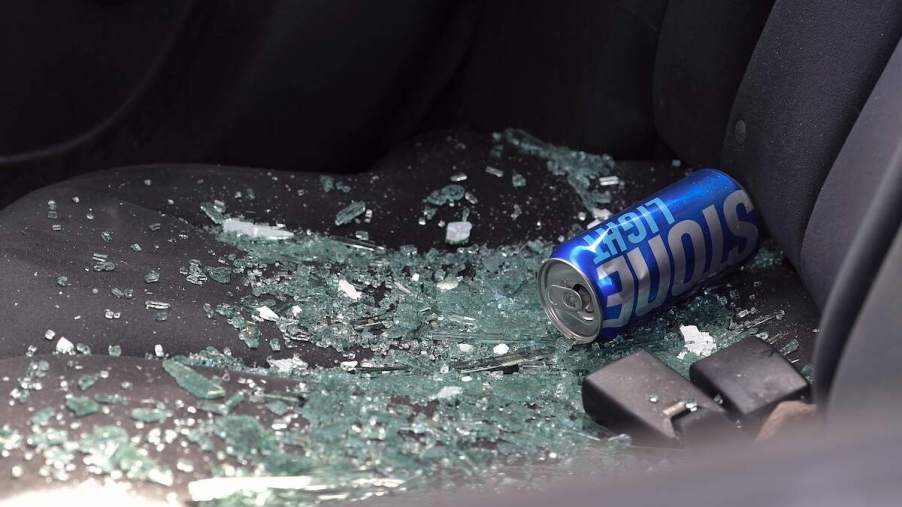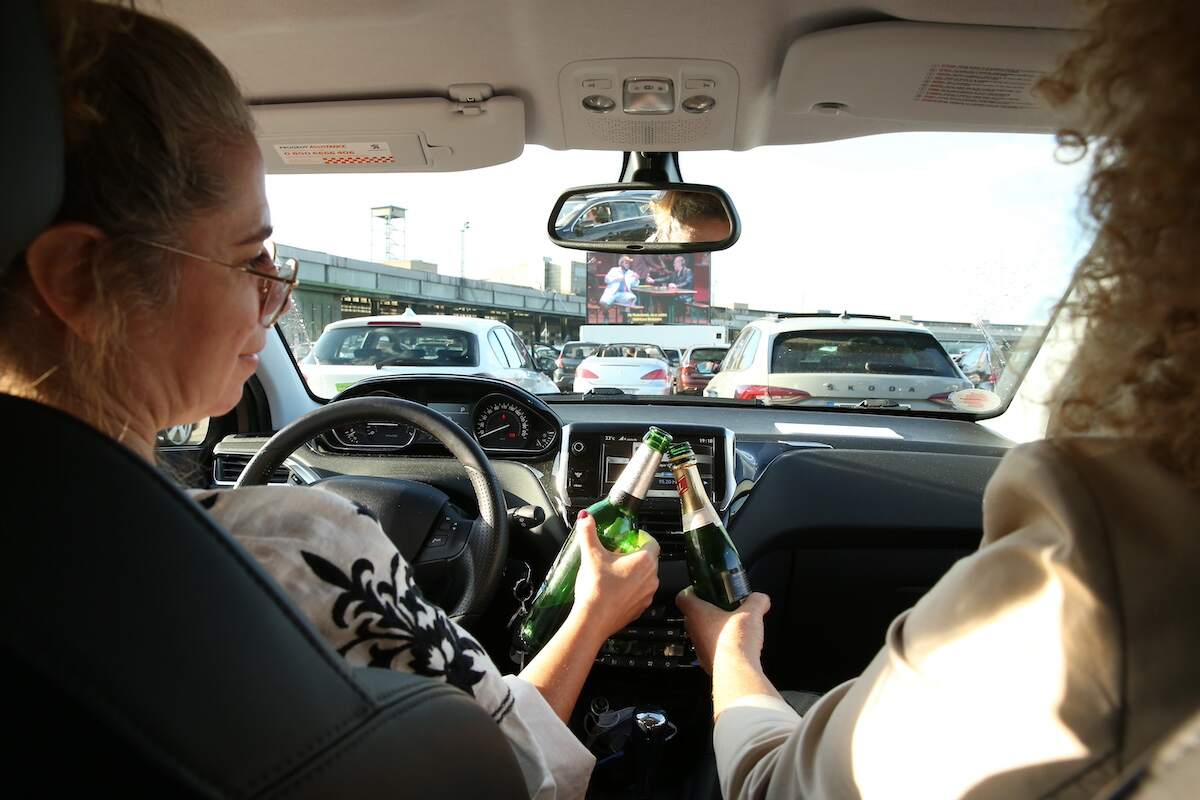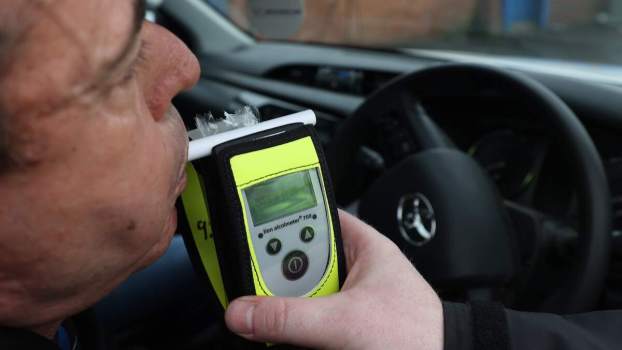
Can You Drive With an Open but Empty Beer in Your Car?
Driving under the influence (DUI) and carrying open containers of alcohol in your car are serious offenses in the United States. Most states have strict laws and regulations to address these issues. We’ll dive into the laws related to drunk driving and the rules regarding open containers of alcohol in vehicles. Additionally, we’ll explore whether driving with empty beer cans or other alcohol containers in your car can get you into trouble.
DUI laws in the United States
Driving under the influence of alcohol is a major safety concern, and the laws vary by state. Generally, regulations prohibit operating a motor vehicle with a blood alcohol content (BAC) exceeding the legal limit, typically 0.08%. Impaired driving includes not only alcohol but also drugs, both legal and illegal.
Penalties for DUI offenses can be severe and might include fines, license suspension, mandatory alcohol education programs, and even jail time, especially for repeat offenders or those involved in accidents while impaired. The consequences are designed to deter individuals from driving drunk and prioritize public safety.
Open container laws

Open container laws discourage drivers and passengers from consuming alcohol while the vehicle is in motion. These rules aim to reduce distractions and the risk of impaired driving. While the specifics of open container laws vary, they generally prohibit open containers of alcoholic beverages in a car’s passenger area.
In most places, having an open container of alcohol within reach of the driver is prohibited. However, some states allow exceptions, such as passengers permitted to consume alcohol as long as the driver remains sober.
Laws regarding empty beer cans and other alcohol containers in your car
Now, let’s address the situation where you have empty alcohol containers in your vehicle, whether beer cans, bottles, or other containers. Legally speaking, having empty alcohol containers in your car typically isn’t a violation of open container laws. However, there are some considerations:
- Residual odor and liquid: Even if an alcohol container is empty, it might still have a residual odor or small amounts of fluid inside. This could lead law enforcement officers to suspect you or someone in the vehicle has been consuming alcohol. In such cases, you might be questioned or tested to determine your sobriety.
- Personal BAC: If there’s any alcohol in your system at the moment, even if it’s below the legal limit, having empty alcohol containers in your car could raise suspicion. Your BAC could be misinterpreted as above the legal limit if you’ve recently consumed alcohol.
- Secure storage: To avoid potential issues, store empty alcohol containers securely in your vehicle’s trunk or in a way that isn’t accessible to the driver or passengers during transit. Doing so can help prevent any confusion or suspicion during traffic stops.
States with looser open container laws
Most states have strict open container laws, but there are exceptions. For instance, a few states have more relaxed regulations regarding open containers of alcohol in vehicles. Alaska, Connecticut, Delaware, Missouri, Rhode Island, Tennessee, and Virginia may permit passengers to consume alcohol if the driver remains sober. It’s essential to check the laws in each state to ensure compliance.
Passengers and alcohol consumption
As mentioned, some states allow passengers to consume alcohol in a moving vehicle if the driver remains sober. Nolo provides information on whether passengers can legally drink alcohol while the vehicle is in motion. However, it’s crucial to remember that even in states where this activity is allowed, always prioritize safety and responsible drinking.
Navigating DUI and open container laws for safe and legal travel
While having empty alcohol containers in your car is generally not illegal, handling them with care will help prevent unnecessary suspicion. Understanding and abiding by your state’s DUI and open container laws will ensure your safety and compliance. It’s important to promote responsible drinking practices, especially when it comes to alcohol consumption in vehicles.





